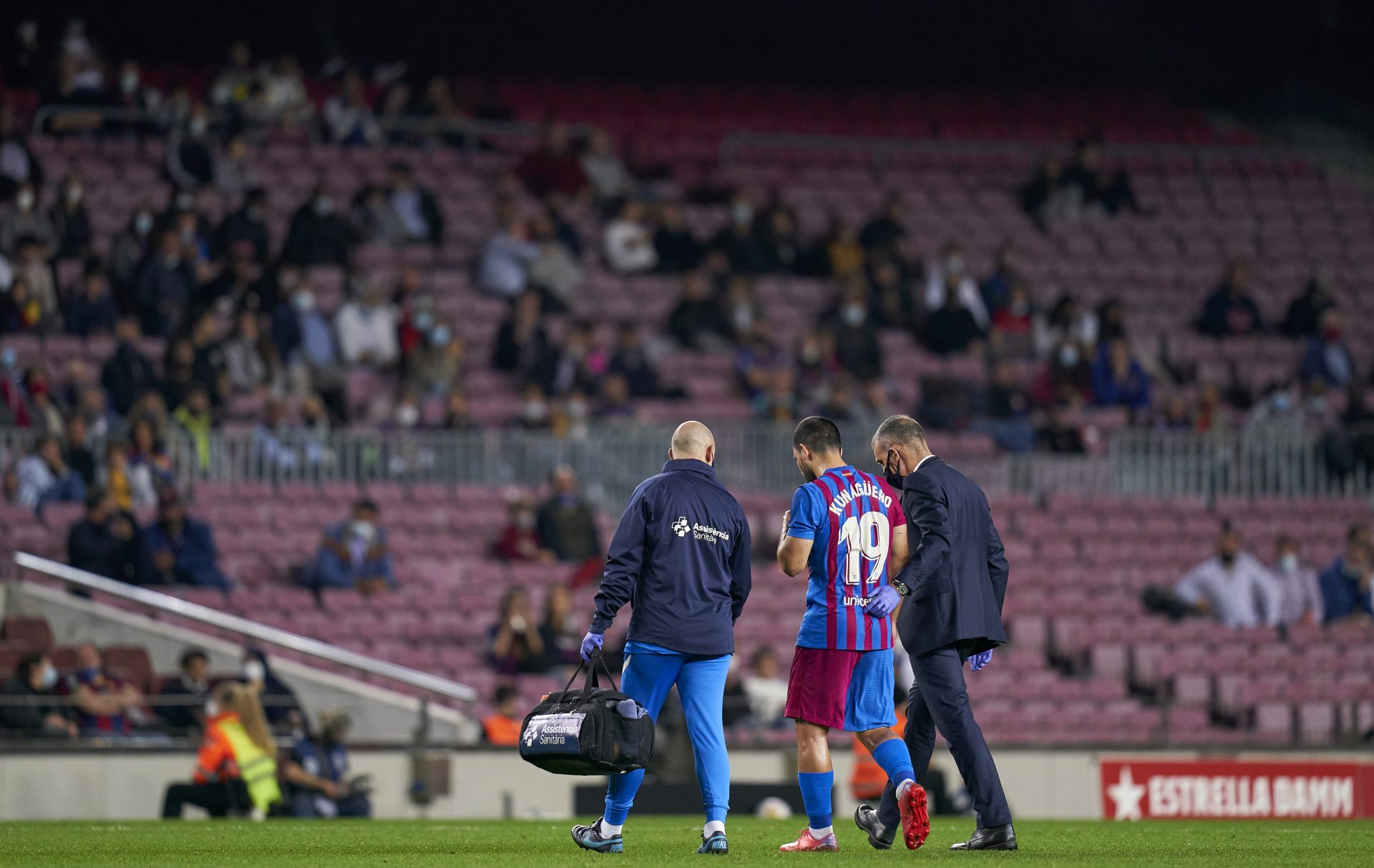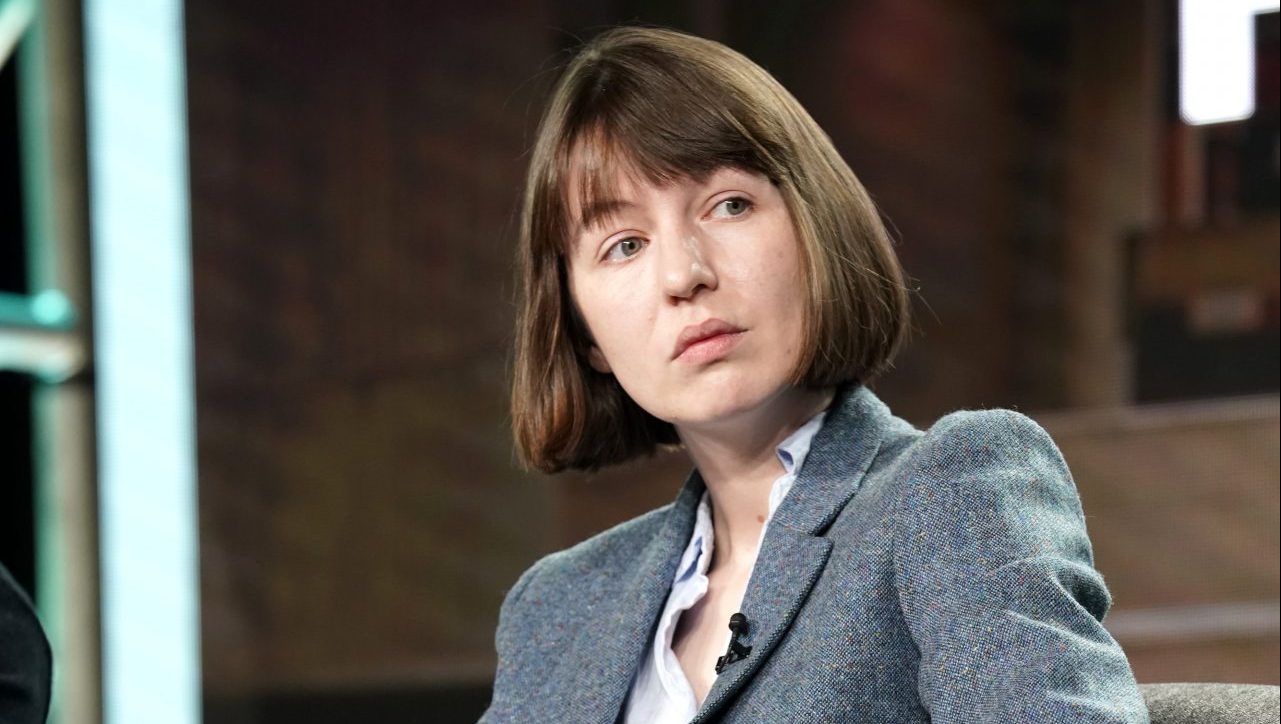The return of Xavi Hernández to his beloved Barça is a beautiful romance, lamentably ill-timed.
In his prime, Xavi was the brain – the conductor – in a midfield where Lionel Messi danced, Andrés Iniesta invented new angles to pass, Sergio Busquets provided ballast, and Pep Guardiola coached and cajoled from the sideline.
We have seen nothing like them in Europe bar, possibly, the Hungarians of the 1950s. Or Real Madrid of that same era.
But Barcelona’s youth academy, La Masia, where all of those were nurtured and where Guardiola learned his ethos under Johan Cruyff, beats them all. Why? Because from childhood to the first team this Barça generation had the advantage over national team football in that they played together, evolved together, from infancy.
Today, Barcelona is financially broken, in disarray from boardroom to backroom. Joan Laporta, the lawyer-politician who in March returned to the club for a second time as president, is trying the same trick he pulled off a dozen years ago. Then he promoted the former captain, Guardiola, from Barça “B” team coach to the senior side.
But Pep has flown. Xavi and Iniesta and even Messi have taken sinecures in lesser fields (although Paris St-Germain aspire to conquer Europe with Messi in their line-up). And Cruyff, alas, is no longer alive to implant his vision, his insatiable standards, into everyone from the president down. Back in the spring, when rival presidential candidate Victor Font championed the idea of bringing Xavi home from the desert, Laporta said it was an idea ahead of its time. Xavi might, one day, be Barça’s coach.
But not straight after playing out his prime in Qatar, and having managed Al Sadd, the club bankrolled by the ruling Al Thani family who led the bribery-alleged bid for the World Cup to take place in their Emirate in 2022.
Of course, Xavi graced the sheikh’s team while he could still play. Then, with his own phalanx of coaches, doctors, advisers – and with a sprinkling of ex-pat players from Brazil, South Korea and Santi Cazorla from Spain – Xavi quickly became a winning coach in the Qatar Stars League and the Emir Cup.
Football in the Gulf is but a distant cousin to Europe. It is not comparable with Spain where today Real Sociedad of San Sebastián are making the most of largely Basque talents to lead the Madrid giants and Sevilla in a title race too close to call.
Sociedad’s key playmaker is David Silva, the long time understudy to Xavi in the national team, who chose his time to depart Manchester City and have a swansong back in Spain.
Barcelona lie mid-table after sacking Ronald Koeman for failing to coach a team past its prime with no resources to buy reasonable replacements for global stars who banked their millions that it turns out Barcelona paid beyond their means.
Rebuilding will be a long and daunting process. Camp Nou stadium is now an echo chamber, two-thirds empty even where Catalans regard their team as the heartbeat of separatist idealism. And Xavi is supposed to revive this merely by his presence?
In one aspect, his career is treading a similar path to Guardiola. Also a Catalan, Guardiola again played a couple of seasons in Qatar at the end of his career before returning to coach Barcelona’s next generation. Guardiola’s place was to perpetuate Cruyff ’s work and to pass it on to that generation.
Similar, but not the same. Pep was Cruyff ’s leader, effectively his manager on the field. Xavi became Pep’s puppet master. He had genius around him in Messi and Iniesta, but even those exquisite talents took direction.
Guardiola said Xavi was “the brain”. Xavi at Barcelona, and Andrea Pirlo at AC Milan, were the most accomplished controllers of tempo of their generation.
Pirlo orchestrated different teams at different stages of his career. Xavi’s performance at Wembley Stadium the night Barcelona beat Manchester United 3-1 in the 2011 Champions League Final was the soul of creativity.
Fergie knew how good – how great – the opposition was. He instructed his team to deny Barça’s tiki-taka by pressing them as high up the field as they could. For a while, it worked.
Xavi dropped deeper than he liked to be. He established the tempo by positioning himself just in front of his defence.
Minute by minute, Xavi gained control. Metre by metre he moved Barcelona forward. Statistics are often the poor man’s way of describing art, but on this occasion the computer gave a decent printout of how Xavi shaped the final.
He stroked 136 passes. Nine out of 10 found the pinpoint target. Iniesta made 107 passes, and Messi 91.
It was Xavi who picked out Pedro with a pass rolled off the outside of his right boot to set up the first goal, and Iniesta who released Messi for the second.
Ferguson pledged that night to go back to the drawing board. He knew that tactically, technically, temperamentally he could not recreate Barça.
Xavi Hernández is ready to try. But he knows, better than any of us, that his Barcelona was literally a boyhood to manhood path at which especially gifted players played every day from childhood to their prime. It took a lifetime to gel.
Xavi will not get that on his return.




